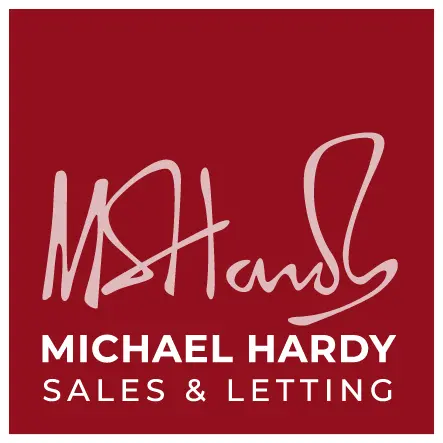If you are about to take your first step on the ladder, you’ll be aware that you’re going to need to choose a conveyancing solicitor to deal with the legal side of things, but where to start?
Get it wrong and at best you may experience unnecessary delay and inconvenience, or at worst, an oversight could cost you dearly in the future. If you are buying a leasehold property, it is especially important to have complete confidence in your conveyancer. Every clause of a lease will need to be thoroughly examined to ensure there are not too many restrictions or unfavourable conditions.
Although the temptation might be to try and cut costs (understandable as buying and/or selling can be a very expensive process) we would strongly advise against simply picking the cheapest option as it may not pay off in the long run.
You’ll need to appoint a conveyancer as soon as an offer is accepted so follow our tips to ensure you get the right person representing your interests.
What is the difference between a conveyancer and a solicitor?
A conveyancer is someone who specialises in property law, primarily dealing with residential transactions, whereby a solicitor may have more rounded legal expertise and be able to offer a fuller range of legal services.
Both solicitors (who are regulated by the Solicitors Regulation Authority) and Licensed Conveyancers (who are regulated by the Council for Licensed Conveyancers) are fully regulated and insured. In terms of handling your property transaction, they will operate to almost identical conveyancing practices and procedures, but you may be quoted a higher price from a solicitor.
In most cases, a conveyancer will be able to handle your transaction from beginning to end, but if you expect a difficult transaction (eg. where there is a boundary dispute or complications arising from divorce) then choosing a solicitor might be advisable.
Ask for a recommendation
Ask any local friends or family who have moved recently for a recommendation and check all the available online reviews. Equally, local contacts can also steer you away from anyone they may have had less than brilliant experience with. Start asking around as soon as you start to view properties so you are ready to instruct someone the minute you have found your dream home.
Be wary of online ‘solicitors’
There can be much smoke and mirrors at play when online conveyancers advertise their credentials. Don’t be swayed by the official sounding names of online firms (typically using lots of initials in place of a name to imply legal credibility) as they may well be an underqualified sole operator paying huge referral fees to an estate agent or broker. If you appoint an inexperienced case officer, you run the risk that they could easily be overwhelmed by the slightest legal challenge.
Communication can be an issue, where customer service is farmed out to an impersonal call centre. If you do choose an online firm, make sure they offer a comprehensive online case tracking service so you can keep up to date every step of the way.
Be extra vigilant when checking online reviews! It’s easier for an online conveyancer to get away with poor service than a high street firm, for whom local reputation means everything.
Go local
Yes, you are free to choose a solicitor who is in the Outer Hebrides but for the best experience, we would recommend you choose a nearby firm, so you can drop into their offices and deal face-to-face if the need arises. Solicitors in the area will also have a good grasp on local issues and be familiar with a certain road or housing estate.
Your estate agent might be able to point you in the right direction of reputable solicitors. We can recommend local property solicitors based in Wokingham, Bracknell and Reading.
Obtain a few different quotes and beware of hidden fees
To benchmark a quote, try and get a price from at least 3 different firms. Although your decision will undoubtably be influenced by price, you should take into consideration how quickly you get a response and how enthusiastic they seem to win your business.
If a firm is vague about its charges, or is unwilling to give you a breakdown of expected costs, don’t be afraid to go elsewhere. Be wary also of a conveyancer that claims to charge by the hour, rather than offer fixed costs as they may not be motivated to process your case with any kind of urgency.
Ask to be provided with an up front estimate for additional expenses. There’s nothing worse than, at the end of the process, getting a surprisingly large bill for “disbursements”, i.e. expenses the solicitor has incurred making enquiries on your behalf. Sometimes this is inevitable if problems arise, but at least ask for a written quote that will give you an upper and a lower figure.
Read more advice on how to make sure your sale progresses smoothly once you are under offer or do not hesitate to get in contact on Wokingham 0118 9776 776 or Crowthorne 01344 779 999.

